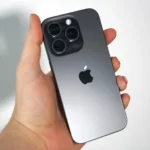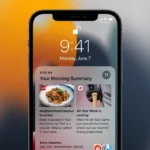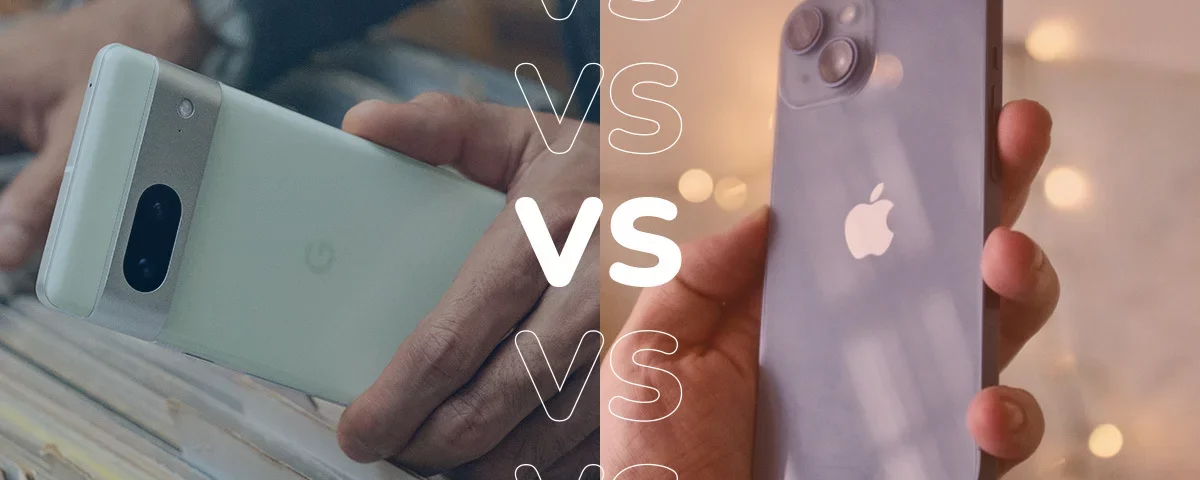


iPhone 16 Pro & Pro Max: Major Wi-Fi Upgrade Explained – What You Need to Know
August 8, 2024


Why You Should Update Your iPhone ASAP
August 18, 2024The debate between Android and iOS is not new in the talks of smartphones. Each offers its strengths, but after experiencing both substantially, I always end up being on the side of Android. Here’s why I keep choosing Android over iOS.
1. Personalization and Flexibility
One of the most unique features of Android is the degree of customization. Right from the word ‘go’, a user can make extensive customizations in the device. Widgets, modifiable home screen layouts, and third-party launchers further enhance the possibility of high customization. The UI, in contrast, has an evenness in iOS. While Apple’s consistency gives a smooth experience, often it feels limiting, especially to any person who wants a highly personalized set up.
2. Diverse Device Options
Android is an open source platform that enables many manufacturers to make devices running this very OS. That variety really means there is a wide array of choices to fit different preferences and pockets. Be it the latest flagship or an economical variant, Android has got everything. Apple’s iOS, however, only shows up on their own family of devices, and sometimes, with limited choices, that feels restrictive if you’re looking to meet certain features or price points.
3. Seamless Google Integration
To anyone using Google’s suite of services extensively, Android makes things much easier. Tools such as Google Drive, Gmail, Google Photos, and Google Assistant all work in perfect harmony on Android devices. This integration makes backing up data, accessing and managing emails, documents, and devices quite easy. Although it is true that iOS users can access all of Google’s services through apps, the experience still stays somewhat seamless on Android.
4. Innovative Hardware
Manufacturers of Android often drive innovation in the market. Companies like Samsung, OnePlus, and Google could have launched various cutting-edge features, from foldable screens to sophisticated camera systems. This race for innovation usually keeps Android devices at the top in terms of new technology. Apple tends to perfect already existing features instead of pioneering new ones, which sometimes makes the Android device feel a bit more advanced.
5. Expandable Storage
Most Android devices feature expandable storage through microSD cards. It enables users to easily extend the capacity of storage that their device can hold, specifically for larger volumes of media and files. Comparatively speaking, Apple’s iOS does not have expandable storage. This means users are forced to select a capacity at the point of purchase, which cannot be upgraded at a later stage.
6. Open Ecosystem
Since Android is an open ecosystem, it gives users the ability to install apps from several sources apart from the Google Play Store. This openness benefits tech enthusiasts and developers who love to tinker around with apps and features outside official channels. Though partly risky, such openness would ensure a much more diverse app environment compared to the controlled Apple App Store.
7. Affordability and Value
There are options within the Android devices ranging from very cheap to highly expensive. This serves to ensure that one has a chance to purchase a high-quality smartphone at non-expensive prices. The Apple devices, on the other hand, are generally placed as high-end products and therefore their prices may be a bit high. To such budget-sensitive customers, Android is a very good bargain without sacrificing either performance or functionality.
8. Multitasking and File Management
In the departments of multitasking and file management, Android is much more accomplished. It offers split-screen multitasking, an easily accessible app drawer, and a highly configurable file system that can be appreciated in running several tasks and keeping file management organized. These capabilities are very important for those who want to have the ability to use several apps and documents all at once. While recently, iOS has tried to close these gaps, the Android way of accomplishing tasks remains more flexible.
Although iOS has its merits, Android’s customizability, the wide varieties of devices available, seamless integration with Google services, innovative hardware, expandable storage, open ecosystem, affordability, and strong support for multitasking make it the better choice for most users, including me. Flexibility and variety are the two major reasons that make Android number one for me above iOS, enabling an important and, at the same time, enjoyable personalization of experience.

